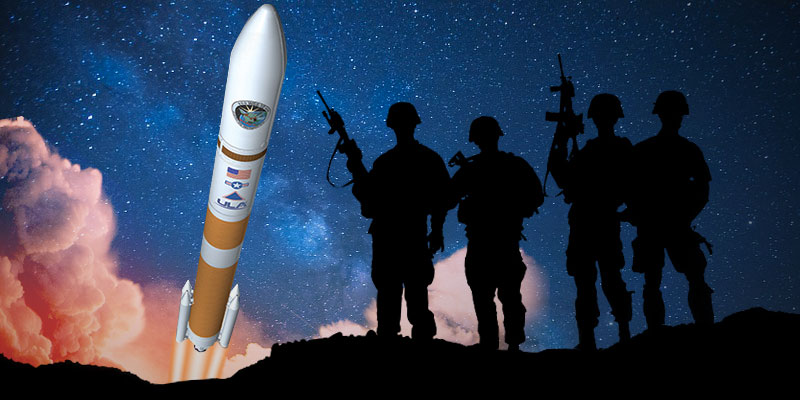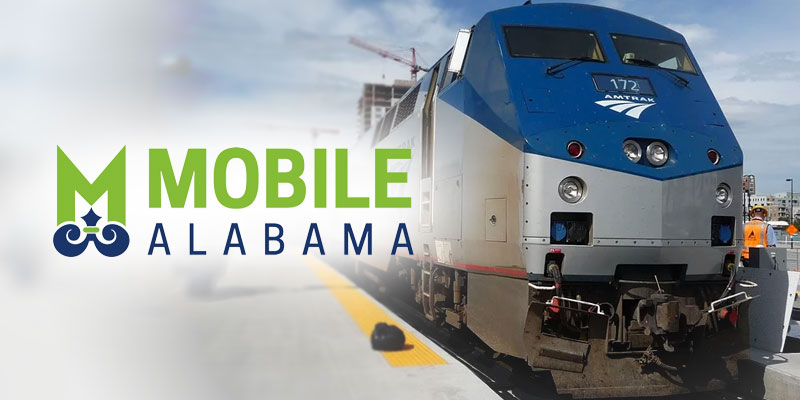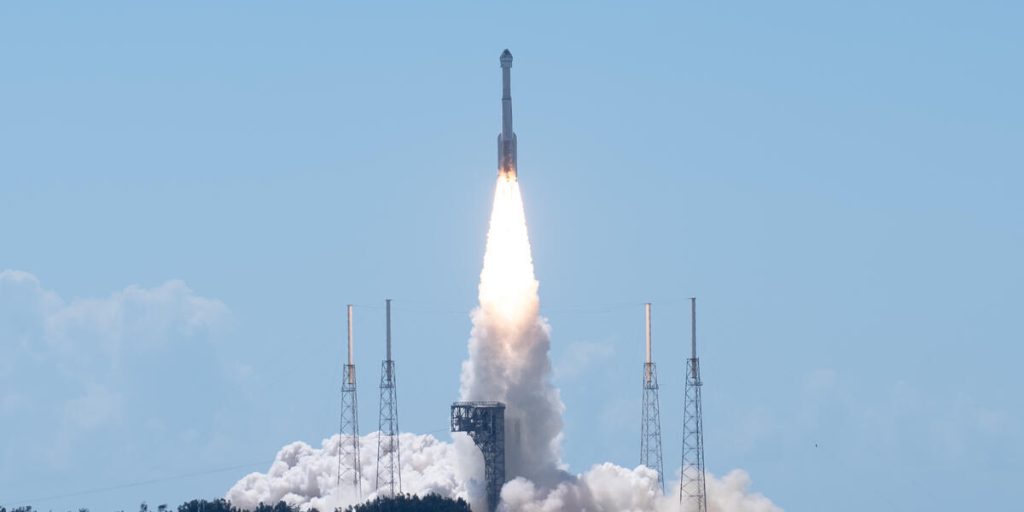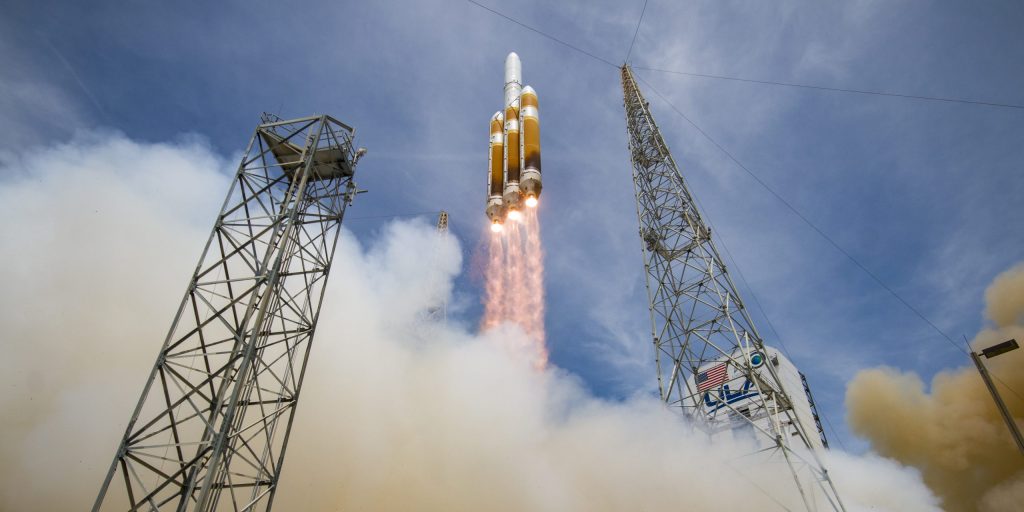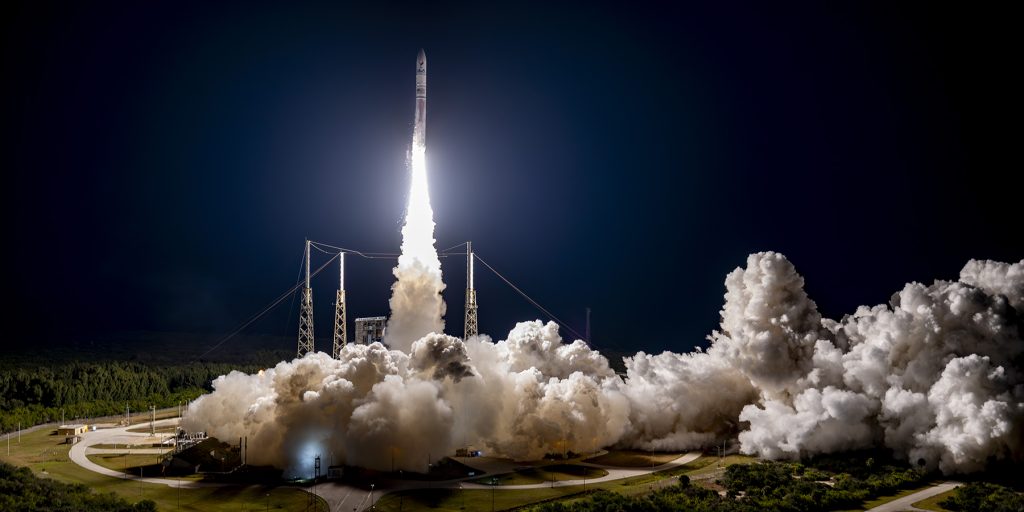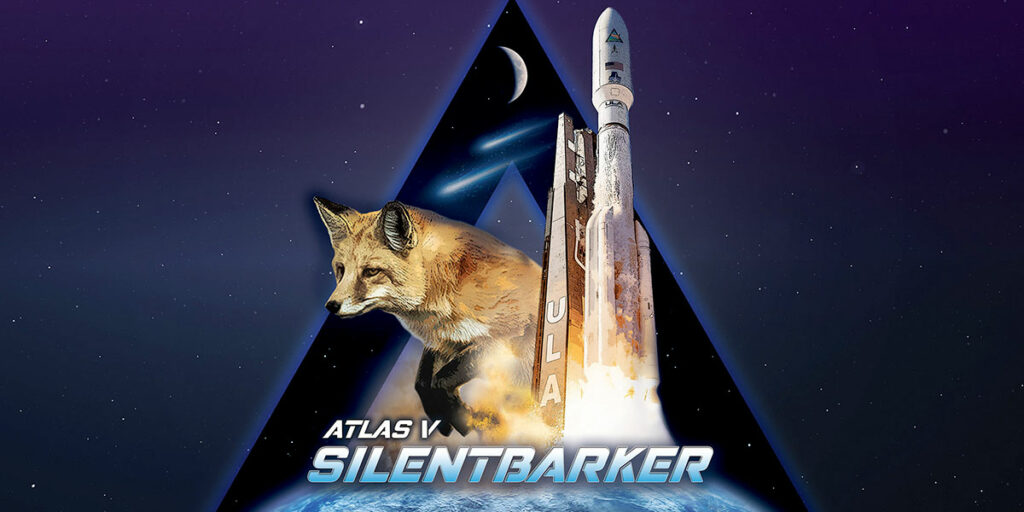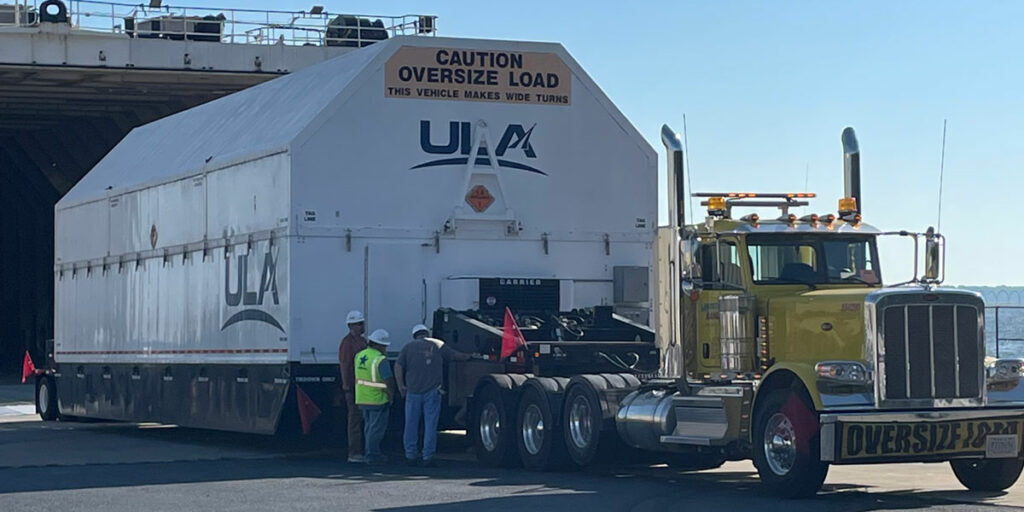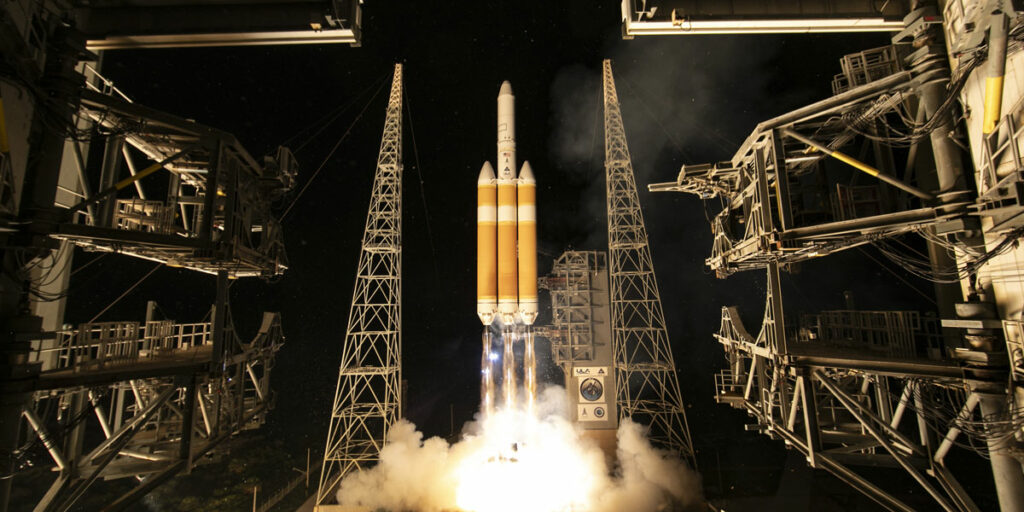When Vice President Mike Pence gathered the National Space Council last month to announce the Trump administration’s goal of a lunar mission within five years, it was no coincidence the meeting took place in Alabama.
Home to NASA’s Marshall Space Flight Center, Redstone Arsenal and countless manufacturers and suppliers to the aerospace industry, Alabama will serve a vital role as the nation sharpens its focus on space.
“Alabama has such a rich history in space and tremendous capabilities here,” Tory Bruno recently told Yellowhammer News. “There is a very good reason why the vice president chose to have the council meeting here and to talk so much about Marshall.”
As CEO of United Launch Alliance (ULA), Bruno leads a company which has made a large investment in Alabama and bolsters America’s national security space missions from its plant in Decatur.
Bruno and Governor Kay Ivey are both members of the National Space Council’s Users’ Advisory Group (UAG), and both serve on the council’s Economic Development and Industrial Base Subcommittee.
“Decatur is the biggest rocket factory in the western hemisphere,” Bruno said of his company’s Alabama plant. “And new industry is coming here all the time. What Governor Ivey does for us in our subcommittee is she helps the team understand and connect those tremendous resources that Alabama brings to this problem. It is about her saying, ‘here is your path to success, this is what can be done and what can’t be done’ and that just naturally makes Alabama the center of that conversation.”
A large part of the conversation for the UAG involves national security space priorities. In fact, its charter specifically charges the group with providing advice and recommendations on that critical area of America’s space program.
Missions similar to last month’s launch of a high-priority national security satellite will see more emphasis. That particular mission — powered by a ULA rocket — enhanced the ability of U.S. forces to communicate anywhere in the world.
“The United States is uniquely dependent upon and advantaged by space for how we conduct war and how we keep the peace,” explained Bruno. “And so we are going to have to now contend with the fact that other nations have developed the capabilities to take that away from us – to either dazzle, disable or destroy our vital assets in orbit.”
For a nation asserting itself in space to protect its global interests, and a rocket builder looking to do its part, Sen. Richard Shelby (R-AL) has proven to be a tireless advocate, according to Bruno.
“Anyone who has the voice that Senator Shelby has is great to have in a place, where he really appreciates your team and what you do for the country,” he stated. “He has been to our factory many times; he understands what we do; he understands the reliability that we bring to the critical missions that we perform for the country.”
Congressman Mo Brooks’ (AL-5) reappointment to the influential Science, Space and Technology Committee, which has jurisdiction over all NASA programs, has improved Alabama’s position even more.
Brooks is now the second most senior Republican on the committee.
Upon his reappointment to the committee earlier this year, Brooks highlighted the economic impact of the industry on the state.
“According to NASA, Marshall Space Flight Center is directly or indirectly responsible for more than 24,500 Tennessee Valley jobs that contribute roughly $82 million in state and local taxes.” Brooks said. “Some of the most committed engineers, scientists and technology professionals in the nation reside in the Tennessee Valley and play an essential role in the advancement of space exploration and discovery.”
And, as Bruno explained, the quality of jobs created by the aerospace industry has a multiplying effect across the region. He says industry estimates are that every aerospace job results in ten more jobs throughout the community.
Bruno’s company, ULA, has calculated its annual economic impact to the state at approximately $285 million.
He also sees ULA’s economic impact on the state increasing.
That’s because of the Air Force’s award to ULA to develop the cutting-edge Vulcan rocket needed for American national security space missions.
The award, under the Launch Services Agreement, elevates the importance of ULA’s Alabama operation even higher.
“It’s a big shot in the arm, an increase in our confidence to know that we’re developing the right rocket that the national security community and the Air Force want to carry out the mission,” said Bruno. “They tell us that unambiguously when they make the award to us. And so we have plowed ahead. We have invested heavily in the Decatur factory bringing it all up to state-of-the-art manufacturing techniques.”
The Vulcan rocket will afford Alabamians the opportunity to leave an indelible mark on America’s national security effort for years to come.
“Vulcan is really purpose built for that set of missions that are going to be needed for national security space in the future,” Bruno said.
He added that Vulcan represents a “giant leap up in performance.”
For rocket enthusiasts, Bruno offered some interesting insight.
As part of its strategy to lower risk and increase chances of success on its first flight, the company has already started bringing major parts of Vulcan into its Atlas program.
Vulcan’s payload faring, solid rocket boosters, avionics and computer systems will all fly on Atlas, first. Only the Blue Origin BE-4 engines will be new when Vulcan launches.
“When Vulcan flies for the first time, it’s not really flying for the first time,” he said.
And, yet, “Made in Alabama” can appropriately be affixed to Vulcan when it gets called into service.
Tim Howe is an owner and editor of Yellowhammer News




